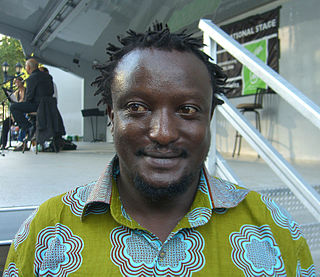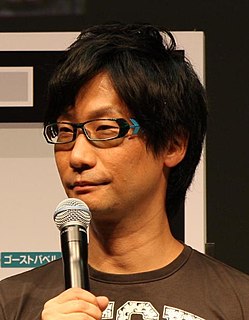A Quote by Kazuo Ishiguro
I couldn't speak Japanese very well, passport regulations were changing, I felt British, and my future was in Britain. And it would also make me eligible for literary awards. But I still think I'm regarded as one of their own in Japan.
Related Quotes
10 years ago [in 2006], nearly 90 percent of those albums sold enough in that year to reach Gold status. 10 years later, about 30 percent were eligible. With the new rules, we figure about 40 percent of the top 200 best-sellers for the year will be eligible. We were very cautious in our approach to changing how we calculate what is eligible because the integrity of the process is our foremost consideration. It's difficult to get certified sales awards, and it's a big deal and we didn't want there to be a huge change in how many would be eligible.
As well as Japanese animation, technology has a huge influence on Japanese society, and also Japanese novels. It's because before, people tended to think that ideology or religion were the things that actually changed people, but it's been proven that that's not the case. Technology has been proven to be the thing that's actually changing people. So in that sense, it's become a theme in Japanese culture.
I'm a proud Indian but I feel very, very happy that people have accepted me here as well in the west. It's the people here in Britain that have given me my newfound fame here, so I owe it to them. We must give credit where it's deserved. It's not just the Asian community, it was also the British people who voted for me on Celebrity Big Brother and wanted to see me. So, I'm very happy and I think I'm a good eclectic mix of both cultures.
I have learned that I, we, are a dollar-a-day people (which is terrible, they say, because a cow in Japan is worth $9 a day). This means that a Japanese cow would be a middle class Kenyan... a $9-a-day cow from Japan could very well head a humanitarian NGO in Kenya. Massages are very cheap in Nairobi, so the cow would be comfortable.
I think that humans are also set up to survive. We're not as small as rats, but we make up for that by being intelligent enough to make our own hiding places and to adapt to new habitats, even if they are changing very quickly. We have an enormous population, and can afford to lose billions of people without suffering very much as a species. Indeed, some would say losing five billion people would be good for the planet - I disagree with them, but can't deny that we would do just fine if there were two billion of us or even one billion.






































